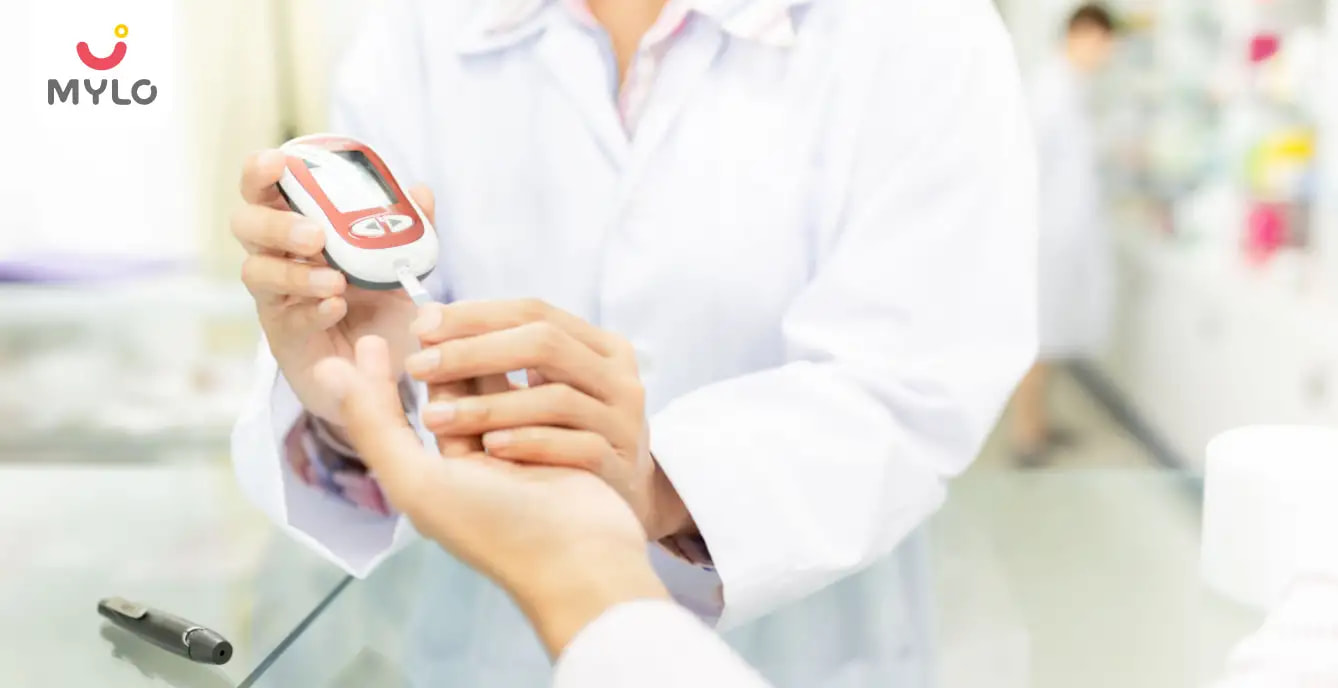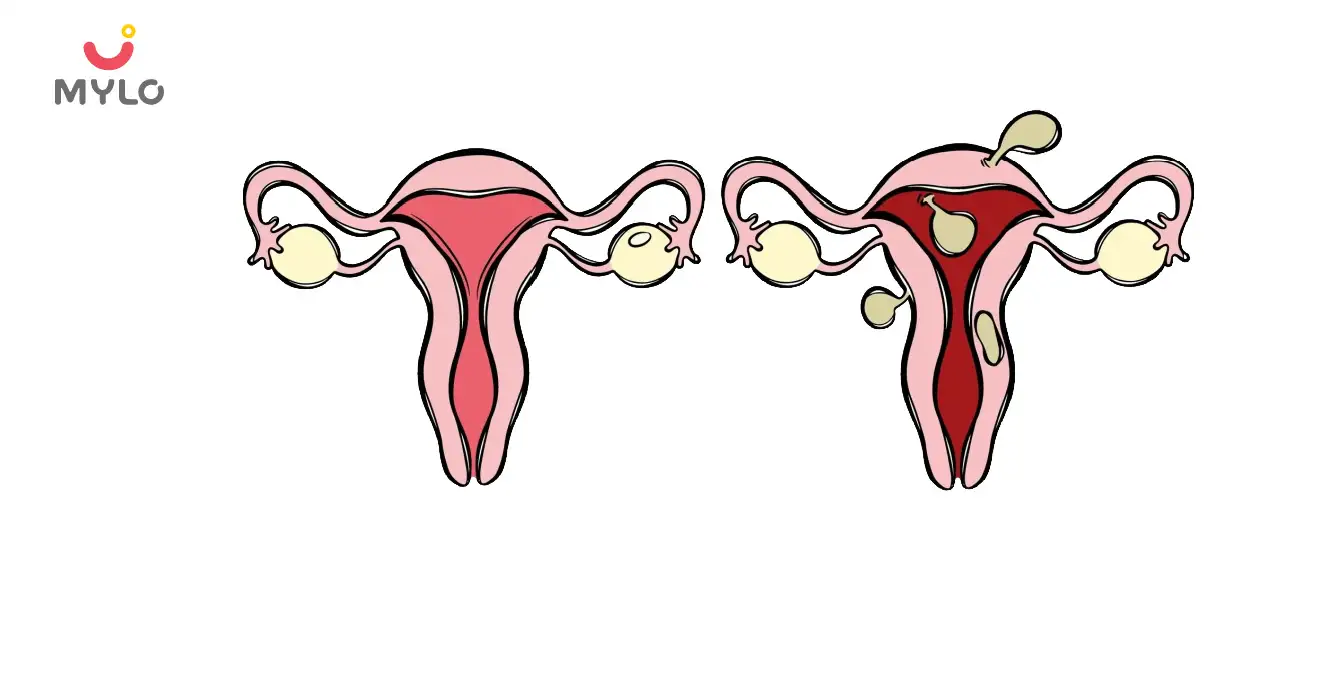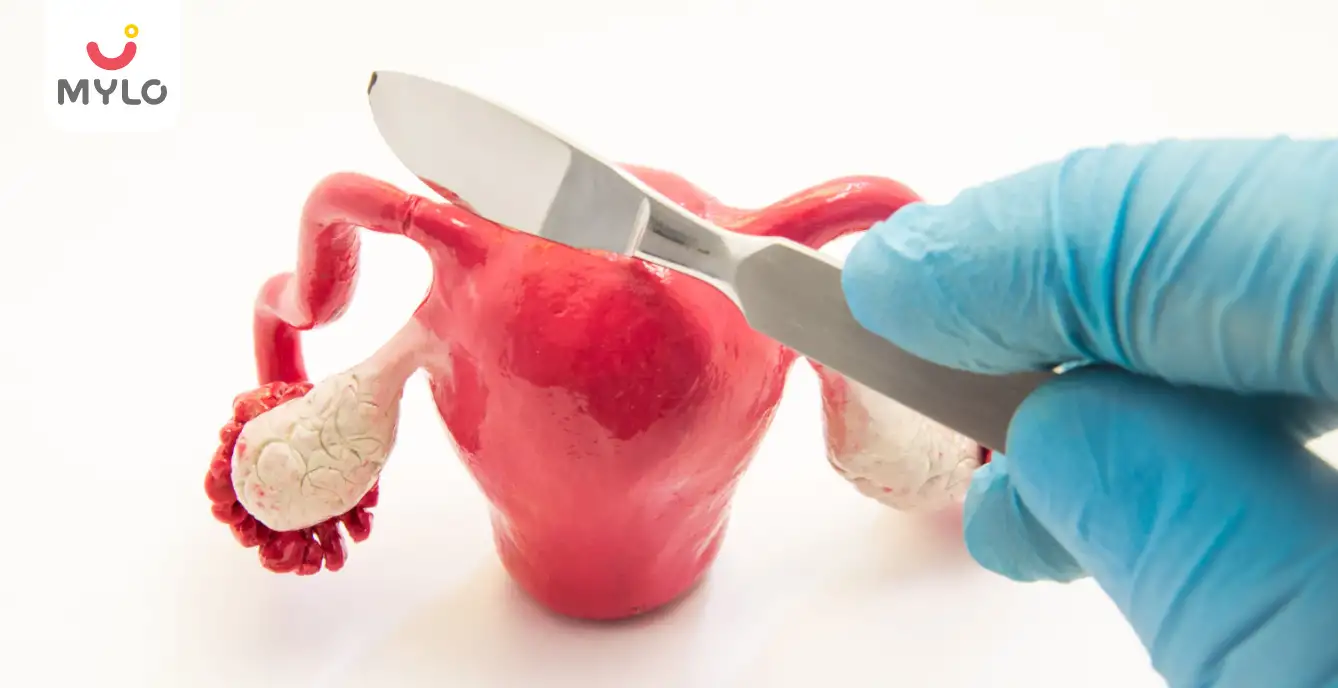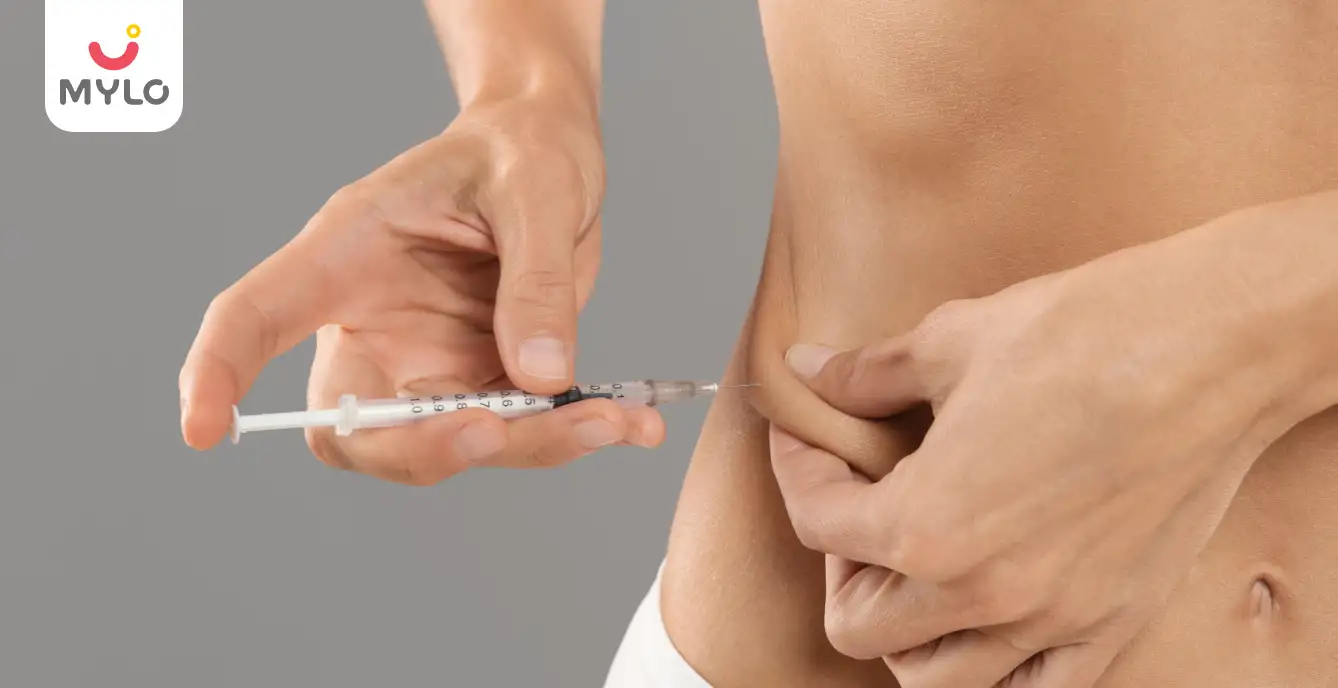Home

Fertility Problems

Can a Diabetic Woman Get Pregnant: Exploring the Facts and Myths
In this Article

Fertility Problems
Can a Diabetic Woman Get Pregnant: Exploring the Facts and Myths
Updated on 29 September 2023



Medically Reviewed by
Dr. Shruti Tanwar
C-section & gynae problems - MBBS| MS (OBS & Gynae)
View Profile

Mansi was feeling a little overwhelmed as living with diabetes was always a challenge, but now she and her husband, Kunal, were planning conception and questions like can a diabetic woman get pregnant occupied most of her brain space. So, she decided to consult a doctor and put to rest some of her anxieties regarding diabetes and pregnancy.
So, if you’ve been feeling the same, then read this article to know more about how to get pregnant with diabetes type 2.
Can a woman with type 2 diabetes get pregnant?
The answer to the question can a woman with type 2 diabetes get pregnant is yes, but it is essential for them to carefully manage their diabetes and seek appropriate medical guidance. Maintaining good blood sugar control before and during pregnancy is crucial to reduce potential risks to both the mother and the baby. Preconception planning and regular monitoring by healthcare professionals specialized in diabetes and pregnancy are important to ensure a safe and healthy pregnancy for women with type 2 diabetes.
You may also like : Most Common Symptoms of Diabetes and How to Manage Them
How does diabetes affect fertility in women?
Certainly! Let's elaborate further on how diabetes affects fertility in women:
1. Hormonal Imbalances and Menstrual Irregularities
Diabetes can disrupt the hormonal balance in the body, particularly insulin, estrogen, and progesterone. These hormonal imbalances can lead to irregular menstrual cycles, anovulation (lack of ovulation), or oligo-ovulation (infrequent ovulation), making it challenging for women to conceive.
2. Reduced Ovulation
Elevated blood sugar levels can negatively impact the ovaries' function, affecting the development and release of eggs during ovulation.
3. Egg Quality
Chronic high blood sugar levels can affect the quality of eggs, leading to decreased fertility. Poor egg quality can increase the risk of chromosomal abnormalities, making successful conception and healthy pregnancies more challenging.
4. Increased Risk of Miscarriage
Uncontrolled diabetes can increase the risk of early miscarriages due to impaired embryo implantation and development. High blood sugar levels can lead to damage in the developing fetus, making it more difficult for a pregnancy to progress successfully.
5. Impact on Reproductive Organs
Diabetes-related complications, such as nerve damage (neuropathy) and vascular issues (microvascular and macrovascular complications), can affect the reproductive organs' function.
6. Polycystic Ovary Syndrome (PCOS)
Diabetes and insulin resistance can be associated with the development of PCOS, a hormonal disorder that can cause irregular periods and impair fertility.
Are there any risks of pregnancy with diabetes?
Now that we know the answer to the question can a diabetic woman get pregnant, let us understand certain risks that pregnancy with diabetes carries. Some of the potential risks include:
1. Gestational Diabetes
Women with family history of diabetes may be at higher risk of developing gestational diabetes during pregnancy, which can lead to complications for both the mother and the baby.
2. Birth Defects
Poorly controlled diabetes during early pregnancy can increase the risk of birth defects in the developing fetus.
3. Macrosomia
Uncontrolled diabetes can lead to macrosomia, a condition in which the baby grows larger than average, increasing the risk of birth complications and the need for a cesarean delivery.
4. Preterm Birth
Women with diabetes have a higher risk of preterm birth, which can lead to health issues for the baby.
5. Miscarriage
Poorly managed diabetes can increase the risk of miscarriage during early pregnancy.
6. Stillbirth
Women with diabetes may have a higher risk of stillbirth (the loss of a baby before birth).
7. Hypoglycemia and Hyperglycemia
Fluctuations in blood sugar levels can lead to hypoglycemia (low blood sugar) or hyperglycemia (high blood sugar), both of which can be harmful to both the mother and the baby.
8. Hypertension and Preeclampsia
Women with diabetes may have an increased risk of developing hypertension and preeclampsia during pregnancy, which can lead to complications for both the mother and the baby.
It is essential for women with diabetes to take proactive steps to achieve optimal blood sugar control before and during pregnancy to ensure a safe and healthy pregnancy for both the mother and the baby.
You may also : A Guide to Insulin Resistance: Symptoms and Diagnosis
How to get pregnant with diabetes type 2?
Getting pregnant with type 2 diabetes requires careful planning and management to ensure a safe and healthy pregnancy. Here are some steps to increase the chances of conception:
1. Preconception Planning
Work closely with a healthcare professional to plan your pregnancy. Ensure your diabetes is well-controlled before conceiving to minimize potential risks to both you and the baby.
2. Blood Sugar Monitoring
Regularly monitor your blood sugar levels and aim for target ranges as advised by your healthcare provider. Consistent blood sugar control is crucial for a successful pregnancy.
3. Healthy Lifestyle
Adopt a healthy lifestyle, including a balanced diet, regular exercise, maintaining a healthy weight, and managing stress. These lifestyle factors can positively impact your diabetes management and fertility.
4. Medication Management
Review your diabetes medications with your healthcare provider, as some medications may need adjustments during pregnancy. Some medications may be switched to safer options during pregnancy.
5. Folic Acid Supplementation
Begin taking folic acid supplements before conception to reduce the risk of birth defects.
6. Regular Medical Check-ups
Attend regular check-ups with your healthcare provider, especially one experienced in managing diabetes during pregnancy, to monitor your progress and address any concerns.
7. Blood Pressure Monitoring
Keep an eye on your blood pressure levels, as hypertension can complicate pregnancy for women with diabetes.
8. Be Patient
Getting pregnant may take time, so be patient and maintain your diabetes management throughout the process.
FAQs
1. Does blood sugar affect fertility?
Yes, blood sugar levels can significantly affect fertility. Poorly controlled blood sugar in conditions like diabetes can lead to hormonal imbalances, irregular menstrual cycles, and reduced ovulation, all of which can negatively impact a woman's ability to conceive.
2. Can a diabetic mother have a healthy baby?
Yes, a diabetic mother can have a healthy baby with proper preconception planning and careful management of diabetes throughout pregnancy. Close monitoring of blood sugar levels, regular medical check-ups, and adherence to healthcare provider's advice can help reduce the risks associated with diabetes.
3. If I have diabetes will my baby get it?
Having diabetes does increase the risk of the baby developing diabetes later in life. However, the risk can be reduced through maintaining good blood sugar control during pregnancy and after birth, as well as adopting a healthy lifestyle for the child.
The Bottomline
In conclusion, the answer to the question can a diabetic woman get pregnant is yes. Women with diabetes may face challenges in conceiving and have queries like how to get pregnant with diabetes type 2. With proper preconception planning, close monitoring of blood sugar levels, and regular medical check-ups, diabetic women can increase their chances of conceiving and have a successful pregnancy.
References
1. Kitzmiller, J. L., Block, J. M., Brown, F. M., Catalano, P. M., Conway, D. L., Coustan, D. R., Gunderson, E. P., Herman, W. H., Hoffman, L. D., Inturrisi, M., Jovanovic, L. B., Kjos, S. I., Knopp, R. H., Montoro, M. N.(2008). Managing Preexisting Diabetes for Pregnancy: Summary of evidence and consensus recommendations for care. Diabetes Care





Medically Reviewed by
Dr. Shruti Tanwar
C-section & gynae problems - MBBS| MS (OBS & Gynae)
View Profile


Written by
Madhavi Gupta
Dr. Madhavi Gupta is an accomplished Ayurvedic doctor specializing in Medical content writing with an experience of over 10 years.
Read MoreGet baby's diet chart, and growth tips

Related Articles
Related Questions
Influenza and boostrix injection kisiko laga hai kya 8 month pregnancy me and q lagta hai ye plz reply me

Hai.... My last period was in feb 24. I tested in 40 th day morning 3:30 .. That is faint line .. I conculed mylo thz app also.... And I asked tha dr wait for 3 to 5 days ... Im also waiting ... Then I test today 4:15 test is sooooo faint ... And I feel in ma body no pregnancy symptoms. What can I do .

Baby kicks KB Marta hai Plz tell mi

PCOD kya hota hai

How to detect pcos

Related Topics
RECENTLY PUBLISHED ARTICLES
our most recent articles

Women Specific Issues
Bulky Uterus with Fibroids: Understanding Causes, Symptoms, and Treatment Options

Medical Procedures
Tubal Recanalization: How This Procedure Can Help Restore Your Fertility

Hormones
Are FSH (Urofollitropin) Injections an Effective and Safe Fertility Treatment For You?

Baby Massage
The Ultimate Guide to Choosing a Baby Massage Oil for Summer

Reproductive health
The Ultimate Guide to Understanding a Follicle Size Growth Chart

PCOS & PCOD
Fruits for PCOS: Your Guide to Making Healthy Choices
- Is Milk Good for PCOS: Exploring the Dairy Dilemma
- The Ultimate Guide to Using Ashokarishta for PCOS
- PCOS Pain: The Ultimate Guide to Causes and Effective Management
- 10 Best Mystery Books to Read in 2023
- 10 Best Non-Fiction Books to Read in 2023
- Is Ghee Good for PCOS: The Ultimate Guide to Benefits and Ways to Consume
- Is Curd Good for PCOS: The Ultimate Guide to Debunking Myths and Discovering Benefits
- Dark Chocolate for PCOS: Unlocking the Potential of a Guilt-Free Indulgence
- Beetroot for PCOS: Discovering a Natural Approach to Managing Symptoms
- Soy for PCOS: Should You Eat it or Avoid It?
- Cinnamon for PCOS: Discovering the Natural Support You've Been Missing
- When Do Babies Start Walking?
- The Ultimate Guide to 4th Month Pregnancy Symptoms
- Your Guide to 2 Months Pregnant Symptoms: What to Expect


AWARDS AND RECOGNITION

Mylo wins Forbes D2C Disruptor award

Mylo wins The Economic Times Promising Brands 2022
AS SEEN IN

- Mylo Care: Effective and science-backed personal care and wellness solutions for a joyful you.
- Mylo Baby: Science-backed, gentle and effective personal care & hygiene range for your little one.
- Mylo Community: Trusted and empathetic community of 10mn+ parents and experts.
Product Categories
baby carrier | baby soap | baby wipes | stretch marks cream | baby cream | baby shampoo | baby massage oil | baby hair oil | stretch marks oil | baby body wash | baby powder | baby lotion | diaper rash cream | newborn diapers | teether | baby kajal | baby diapers | cloth diapers |




